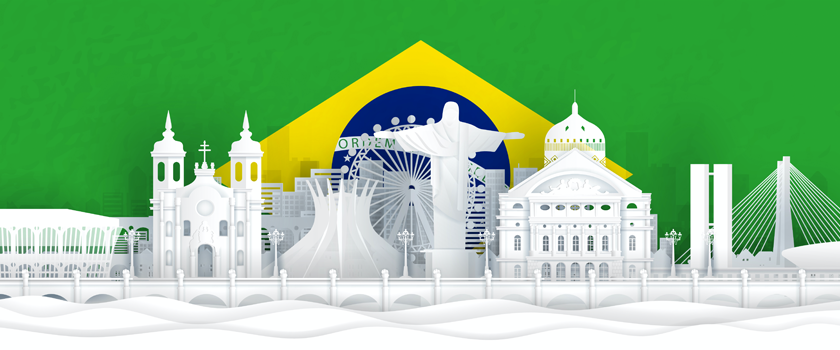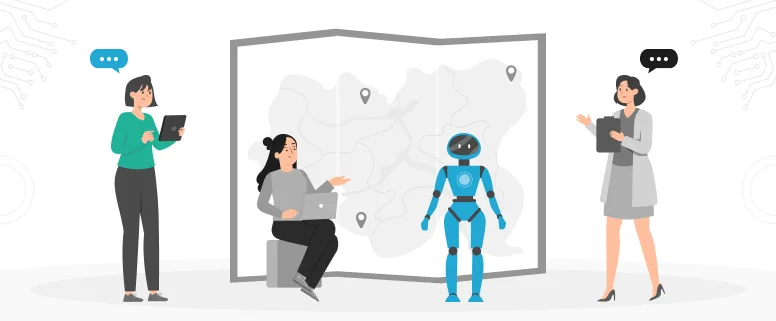Brazil is officially known as the Federative Republic of Brazil. It is the biggest country in Latin America and South America. It is the world’s fifth-largest country by area and it is the sixth most populous country in the world. The main language spoken in Brazil is Portuguese. In addition to Portuguese, there are many other languages spoken in Brazil. The second language spoken in Brazil is German and the third language spoken is Italian. Let’s take a look at some other languages spoken in Brazil.
Official Language
The official language spoken in Brazil is Portuguese that is spoken by 98% of the people. It is the language of every aspect of life whether it is the government, arts, or education. Portuguese people invaded Brazil in 1500. As more people arrived in Brazil, the number of Portuguese speakers exceeded. The Portuguese language has become native to around 205 million speakers. Over the decades, Brazilian Portuguese has gone through different changes from the start of European origins. It resulted in different dialects because of orthographic and grammatical differences. The Portuguese language that is spoken in Brazil is influenced by the country’s indigenous languages and by foreign settlers. The major difference is identified by Brazilian Portuguese and European Portuguese by the orthographic agreement of 1990 that shows Brazil’s linguistic changes in 2009 and Portugal changes in 2012. The difference was not so distinctive, so it is easy for European Portuguese to converse in Brazil and for Brazilian Portuguese to communicate in Portugal. There are some other languages spoken in Brazil. These minority languages are not recognized at the national level but they are recognized at the municipality level.
English
English is not widely spoken in Brazil so English to Portuguese translation is not required in Brazil. As per the rough estimation, only 5% of the population speaks fluent English language. This small proportion is restricted to the educated class, middle class, and the majority of tourist areas. As the majority of people can’t speak English so you need to communicate in the Portuguese language. The people who speak English in Brazil have very minimal spoken competency and they only know the limited vocabulary. Honestly, English speakers are very rare in Brazil so as an English speaker to be understood in Brazil, you need to speak basic words and sentences. Brazilians are very helpful people. They become friendly with you despite all communication barriers.
German
Many people think that Spanish is the second most spoken language in Brazil because of its extensive use in Latin America. Some people think Italian is the second most spoken language because there are many immigrants from Italy. To your surprise, German is the second most spoken language in Brazil after Portuguese. It is native to 1.9% of the population. Although they are more Italian immigrants in Brazil than German immigrants, German immigrants speak German at home with their children as their mother tongue. Pomeranian German is also spoken in Brazil especially in the area of Espirito Santo. Brazil is native to around 1.5 million standard German speakers.
Italian
The third most spoken language in Brazil is Italian. The Italian spoken in Brazil is different from the Italian spoken in Europe. This Italian language is called Talian and Brazilian Venetian. This Italian dialect is spoken in the Rio Grande do Sul and it is spoken as co-official languages in some cities. Italian was carried to Brazil towards the 19th century. 60% of these immigrants came from Veneto so there is the influence of Venetian on the Italian spoken in Brazil.
Spanish
Brazil is not a Spanish-speaking country. According to Ethnologue, around 460,000 people speak Spanish, Many Brazilians understand Spanish but they are unable to speak fluently. Spanish is considered a language of the minority in Brazil and Spanish speakers appear in clusters. These groups appear in Brazil borders that are near to Latin American countries. Spanish speakers are also present in Sao Paulo and Rio de Janeiro. In both these areas learning Spanish is mandatory.
French
Although Portuguese is the national language of Brazil, French is also spoken there. Approximately 30,000 French people reside in Brazil. Some of them are located in Rio de Janeiro and São Paulo. French is the very important minority tongue of Brazil.
Japanese
Japanese is spoken in Brazil because a large expat of the Japanese community was residing in Brazil from 1908 and onwards. At present Brazil is home to the largest Japanese population in the world. Many of them called it Sao Paulo home. Approximately 1.5 million people of Japanese ancestors are in Brazil. Their second and third generation have adopted Portuguese as their mother tongue. There are a number of Japanese speakers present in Brazil. Sao Paulo has its own Japanese language newspaper, which has been published since the 1940s.
Minority Languages
Brazil is home to many minority languages due to the migration of Japanese, Spanish, Italian and French people in Brazil. The other languages spoken in Brazil are Dutch, Chinese, Korean, Polish, Ukrainian, and Vlax Romani.
Native Languages
When Europeans arrived in Brazil in 1500, the country became native to many Amerindian people. These people speak around 1300 indigenous languages. As per the report of IWGIA, only 37.4% of Brazilians speak an indigenous language and 76.9 % speak Portuguese.
Wrapping Up
We cannot master all the languages. If you want to visit Brazil then you should know the native language Portuguese. It will help you to communicate with foreign people.
In case you need Portuguese translation services, CCJK is your go-to option. Contact us now, and get a quote for free!
Resources
How Many Languages are Spoken in China
How Many Languages are Spoken in India
What Languages are Spoken in Brazil?
What Languages are Spoken in Israel?
What Language is spoken in Iceland?
What Languages Spoken in the Philippines
Most Spoken Languages in Africa
Most Endangered Languages in the World
Official Languages of the United Nations
most useful languages for Business?
Exploring the Languages of Future



